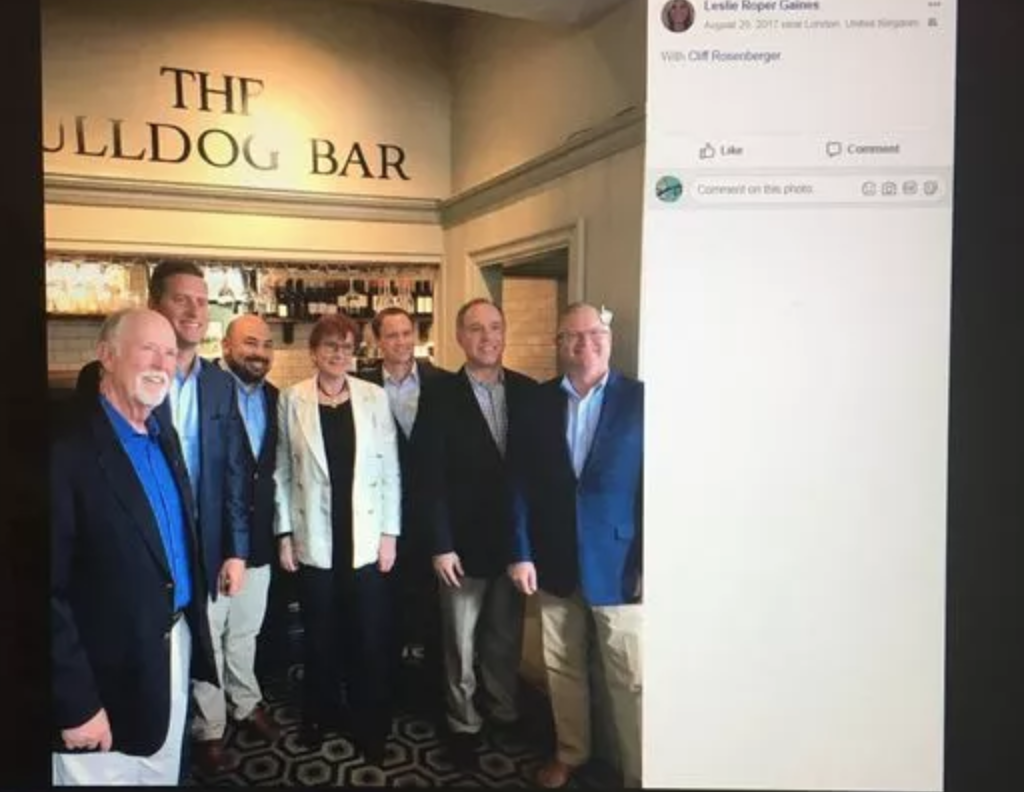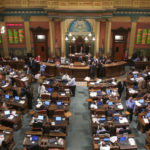A newly published report reveals that Michigan lawmakers, who enjoy cozy relationships with lobbyists while conducting much of their political business in relative secrecy, receive yet another perk away from the public eye – traveling on junkets to faraway places with special interest groups.
A recently discovered trip to London taken by House Speaker Tom Leonard in 2017 along with lobbyists and legislators from other states drew criticism in Lansing. But it also exposed how weak Michigan’s disclosure laws are regarding trips paid for by the lobbying corps.
The nonprofit Michigan Campaign Finance Network (MCFN) reports that lobbyists are not required to disclose these trips unless they pay for more than $800 of the lawmaker’s costs. The law includes a big loophole: If the trip is financed not by a registered lobbyist but some other interested party, such as a corporate executive, no disclosure is required no matter how exotic or expensive the location.
In comparison, the MCFN watchdog group found that in Ohio, state lawmakers must report any travel freebies above $25. Indiana and Wisconsin also have much tougher restrictions on any out-of-state excursions.
In Michigan, lobbyists only reported paying $24,000 for 27 trips with officeholders on their 2017 disclosure forms. But those in Lansing familiar with the subject said junkets by state House and Senate members occur “all the time,” though the trips are typically taken “under the radar.”

In this Facebook screenshot, House Speaker Tom Leonard (third from the right) is shown while taking part in a junket that went to London.
This form of travel is referred to as education trips or fact-finding missions. The group that Leonard traveled with to London reportedly spent their time learning about the British Parliament and the late prime minister Winston Churchill.
The conservative, pro-Republican group that funded the trip, GOPAC, is not a registered lobbying group in Michigan and did not disclose its expenses. But Leonard (R-DeWitt), who is running for state attorney general, received a $5,000 contribution from GOPAC about six months later, in December 2017, according to campaign finance records tracked down by MCFN.
Under Michigan’s quirky laws, lobbyists, not legislators, are supposed to report information on trips and other gifts or freebies given to members of the Legislature. In fact, Michigan is just one of two states that does not require lawmakers to disclose any of their personal finances.
That fits a pattern in which the state is among the worst in several categories: allowing widespread “dark money” campaign contributions, a financing method that keeps donors secret; a tradition of lobbyists wining and dining lawmakers which, despite reporting loopholes, still amounted to at least $821,000 in 2017; a legislative process that permits House and Senate members to avoid disclosing conflicts of interests they may have; and a law that exempts the Legislature from the state Freedom of Information Act.
In 2015, the national Center for Public Integrity gave Michigan an “F” grade on overall government transparency and ethics and ranked the state worst in the nation.





Seems we are the “worst” in the nation on a lot of things. Our entirely run by Republican state is “winning” by their standards. Disgraceful in my opinion but I am only one vote and that doesn’t amount to much. I don’t see anything good happening on any level of government. I appreciate your trying to keep us informed Chad. It must be depressing for you.